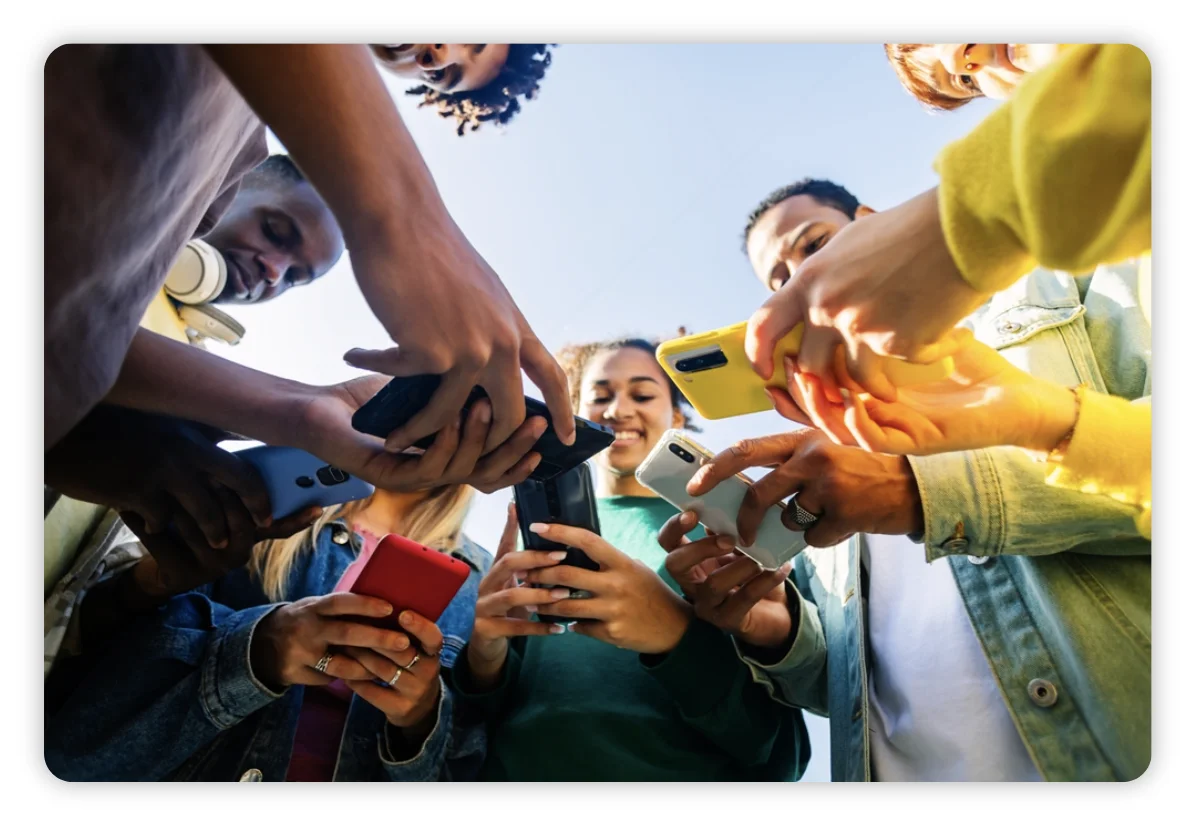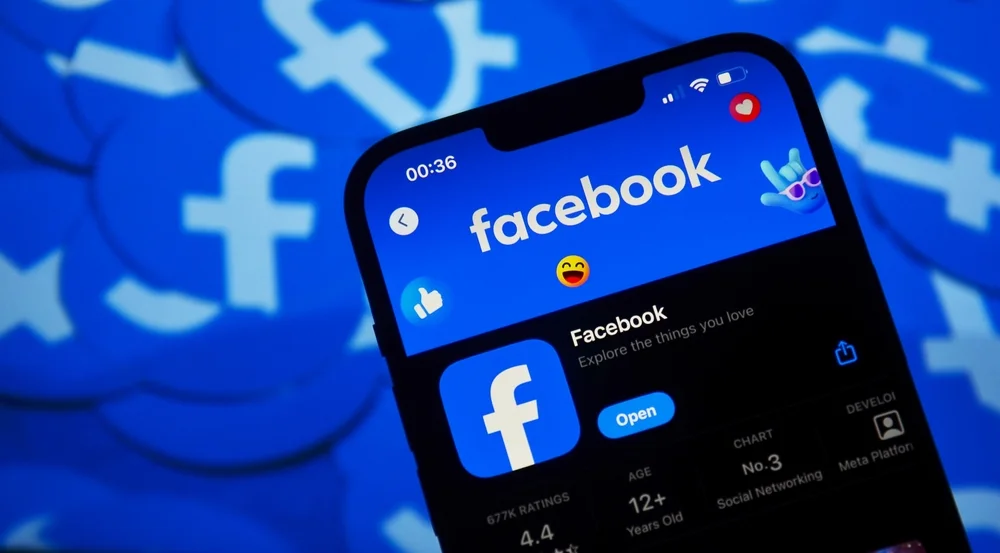The American brand Great Lakes is one of a number of retailers to have revamped its marketing strategy by launching a competition on Facebook that has made a real impact. In just three weeks, the operation generated more than 206,000 entries and enabled the page to triple its number of subscribers, achieving 200% growth. This performance was achieved without recourse to paid advertising, thanks solely to a well thought-out mechanic and an attractive prize.
This success illustrates the power of Facebook competitions to energise a brand community. As well as stimulating engagement, this type of operation makes it possible to collect qualified data, increase the brand’s visibility and strengthen subscriber loyalty.
In this article, we share with you a structured method for understanding how to run a competition on Facebook. You’ll find practical advice on how to design an effective campaign that’s tailored to your brand’s marketing objectives and the expectations of your target audience.
Why create a competition on Facebook?
Facebook may seem to be taking a back seat to the rise of TikTok and Instagram. However, it remains a strategic communications platform for brands. Thanks to its large audience, powerful targeting tools and functional versatility, it can be used for high-impact marketing operations.
The benefits of the platform
With 45.4 million users in France, Facebook remains the leading social networking platform in the country. Its user base is made up of active adults: 25-34 year-olds account for almost 25% of registered users. A group that is receptive to promotional campaigns.
Facebook stands out for the richness of its advertising tools. Its sponsored formats can be used to boost the visibility of a competition. Thanks to the ad manager, you can target an audience according to their interests, location, age or online behaviour.
The strength of Facebook groups is an asset. These communities make it possible to run a competition in an ultra-targeted environment. With the potential for organic virality. Brands can access specific niches.
Facebook offers native features adapted to competition mechanics: polls, comments, reactions, sharing, etc. These are all ways of stimulating participation and maximising the impact of a campaign.
What are the objectives of a Facebook competition?
A competition on Faceboook can serve several marketing purposes. Here are the most common:
- Notoriety. By encouraging sharing or tagging of friends, the game benefits from the viral dynamics of the network.
- Community animation. The competition creates a fun opportunity to generate comments, ‘likes’ and shares. It reactivates the distribution algorithms and strengthens the page’s organic presence in news feeds.
- Product promotion and recognition. The Facebook competition can be based around a prize directly linked to the product to be promoted. This staging generates interest, curiosity and even short-term purchasing intentions.
- Data collection. E-mail, first name, age, preferences… The data collected via a participation form is used to enrich a CRM database, refine the targeting of future campaigns or feed automated marketing scenarios.
- Loyalty and re-purchasing / retargeting. Using the data collected via the Facebook competition, it is possible to retarget participants via personalised campaigns (promotional codes, exclusive offers, reminders, etc.).
How to run a competition on facebook, step by step?
Creating a competition on Facebook doesn’t require complex technical resources. With a clear strategy and well thought-out mechanics, you can quickly generate engagement, traffic and qualified leads. It’s all about using the right levers at the right time.
1. Define a strategy that is consistent with your objectives and target audience
First and foremost, it is essential to frame the operation. Defining the objectives will guide all the strategic choices: game mechanics, prize to be won, distribution channel, messages, etc. A game designed to collect e-mail addresses is not constructed in the same way as an event designed to raise product awareness.
You also need to identify your target audience: its expectations, its habits, its relationship with the brand. A detailed knowledge of the audience allows you to adapt the tone, the visuals and the points of contact. This maximises the chances of participation and buy-in.
2. Choosing the right mechanics for a Facebook competition
- Sweepstakes / Entry form. Ideal for collecting leads. The user fills in a form to take part. A draw determines the winner.
- <a href="https://www.socialshaker.com/en/project/photo-contest/
“>Photo, video or text competitions (UGC). This type of competition relies on the creativity of the community and collects user-generated content. It strengthens brand loyalty and offers leverage (by adding a voting module).
- Quizzes, surveys, <a href="https://www.socialshaker.com/en/project/psychoquiz/
“>personality tests. Interactive quizzes engage the target audience by playing on their curiosity, their desire to learn or their sense of competition. They are a way of getting to know your audience by collecting information. The mechanism is ideal for segmenting and qualifying profiles and improving the user experience.
- Coupon or instant win. The aim of this Facebook competition is to encourage purchases or visits to points of sale. It generates rapid and measurable conversions.
3. Offer an attractive prize package
The prize is the main attraction of a Facebook competition. It must arouse desire while remaining consistent with the brand’s universe. A well-chosen prize significantly increases the participation rate and encourages organic sharing.
Some brands have understood this. For example, Yves Rocher organises the ‘JE(U) DIS YES’ game every Thursday, offering beauty products to be won, in line with the expectations of its community.
Generally speaking, the most attractive prizes for a Facebook competition are as follows:
- Brand products or services: reinforce commitment and loyalty.
- Exclusive experiences: visits, meetings, private events.
- Vouchers or discounts: encourage purchase and facilitate conversion

4. Knowing and following Facebook’s rules
Any competition on Facebook must comply with the rules laid down by the platform. For example, users do not have to share the game on their profile or tag friends to take part. The competition must also clearly state that Facebook is neither associated with nor responsible for the operation.
It is compulsory to include a set of rules, which can be accessed from the game’s publication or microsite. Data collection must comply with the RGPD and indicate how the information will be used.
5. Optimise targeting parameters
Launching a competition on Facebook without amplifying it severely limits its reach. The average organic reach of a brand post is around 2%. To maximise the impact, it is therefore essential to set aside a media budget.
Thanks to its ad manager, Facebook can target subscribers, similar audiences, site visitors and engaged users. Good targeting improves return on investment and avoids wasting budget. The cost of staffing must also be taken into account when assessing the overall profitability of the operation.
6. Running the Facebook competition
A competition cannot be based solely on its initial publication. Regularly relaunching it via posts, stories or comments helps to maintain commitment and increase the campaign’s reach. Animation creates a reassuring effect, stimulating interaction and encouraging sharing.
7. Measure
Once the competition has been set up, it is crucial to evaluate its success by analysing the key performance indicators: number of participants, new subscribers, engagement generated (comments, shares, likes) data collection (emails) and impact on traffic or sales. This analysis can then be used to adjust the campaign strategy and optimise the brand’s marketing ROI.
A competition on Facebook is a way of increasing engagement, collecting leads and promoting your brand. To be effective, you need to define clear objectives, choose an attractive prize and target your audience correctly. With Socialshaker’s fun mechanics, you have all the tools you need to create a successful and memorable campaign!






